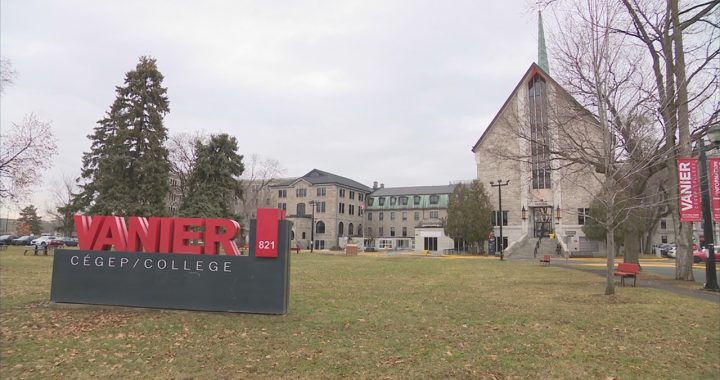The former chair of the Truth and Reconciliation Commission (TRC) will aid talks between the federal government and child welfare advocates in hopes of securing an agreement to compensate First Nations children.
“While I cannot talk about the discussions – I believe Murray Sinclair brings the experience, wisdom and spirit to guide us through this process to achieve the best outcomes for children, youth and families,” says Cindy Blackstock, executive director of the First Nations Child and Family Caring Society (FNCFC), one of the plaintiffs in the case.
The Liberal government says Murray Sinclair will chair discussions between the sides including lawyers representing plaintiffs in a related class-action lawsuit as they try to settle the matter outside of court by the end of December.
Sinclair, a former senator, led the TRC that spent from 2008 to 2015 investigating the experiences of thousands of Indigenous Peoples sent to residential schools as children. He is a highly respected voice on matters of reconciliation between Indigenous and non-Indigenous people.
“I’m very optimistic that we’ll be able to have an agreed-upon solution in the time frame that we’ve set,” Indigenous Services Minister Patty Hajdu told The Canadian Press in an interview.
She said it’s been made clear to the government negotiators that they are to be “solution-focused” in their deliberations.
Sinclair’s role in the talks comes after the Liberal government appealed a Federal Court ruling last month upholding orders for it to pay $40,000 each to thousands of individual First Nations children removed from their homes, as well as to some of their relatives.
The compensation stemmed from an earlier finding by the Canadian Human Rights Tribunal that Ottawa discriminated against First Nations kids by knowingly and willfully underfunding child and family services on reserves.
Advocates say this lack of funding led to families being needlessly separated, which caused suffering. The issue has gone on for years, with the original complaint of discrimination brought forward in 2007 by the FNCFCS and the Assembly of First Nations.
The tribunal also ruled the federal government needed to expand its criteria of Jordan’s Principle, a measure stipulating that jurisdictional disputes should not get in the way of providing services to First Nations children.
Read More:
Can 5 weeks of talks settle a 14-year battle over child welfare? Here’s what has to happen
Ottawa appeals court decision upholding cash for First Nations kids
In 2019, the Liberal government challenged the tribunal’s orders in Federal Court.
After losing its case in a decision delivered in late September, Indigenous leaders, opposition politicians, and child welfare advocates from across Canada implored Prime Minister Justin Trudeau’s government to cease its court battle and pay out the compensation owed to First Nations kids.
Despite pressure to do otherwise, Trudeau’s government filed a notice of appeal with the Federal Appeal Court on the last day to do so. That’s also when some of his ministers revealed that the parties had agreed to pause litigation until December to provide time to hopefully agree on a financial settlement outside of court.
Details of what Ottawa has offered remain confidential. Crown-Indigenous Relations Minister Marc Miller, who is also shepherding the file, said last month when negotiations were announced that proper compensation would amount to “billions of dollars,” adding some children are entitled to more than the $40,000 awarded by the tribunal.
Hajdu said Wednesday the talks not only involve details around compensation but agreements on what long-term reforms are needed to fix child welfare to better serve Indigenous children.
“Every day that people are talking, I’m very optimistic.”










